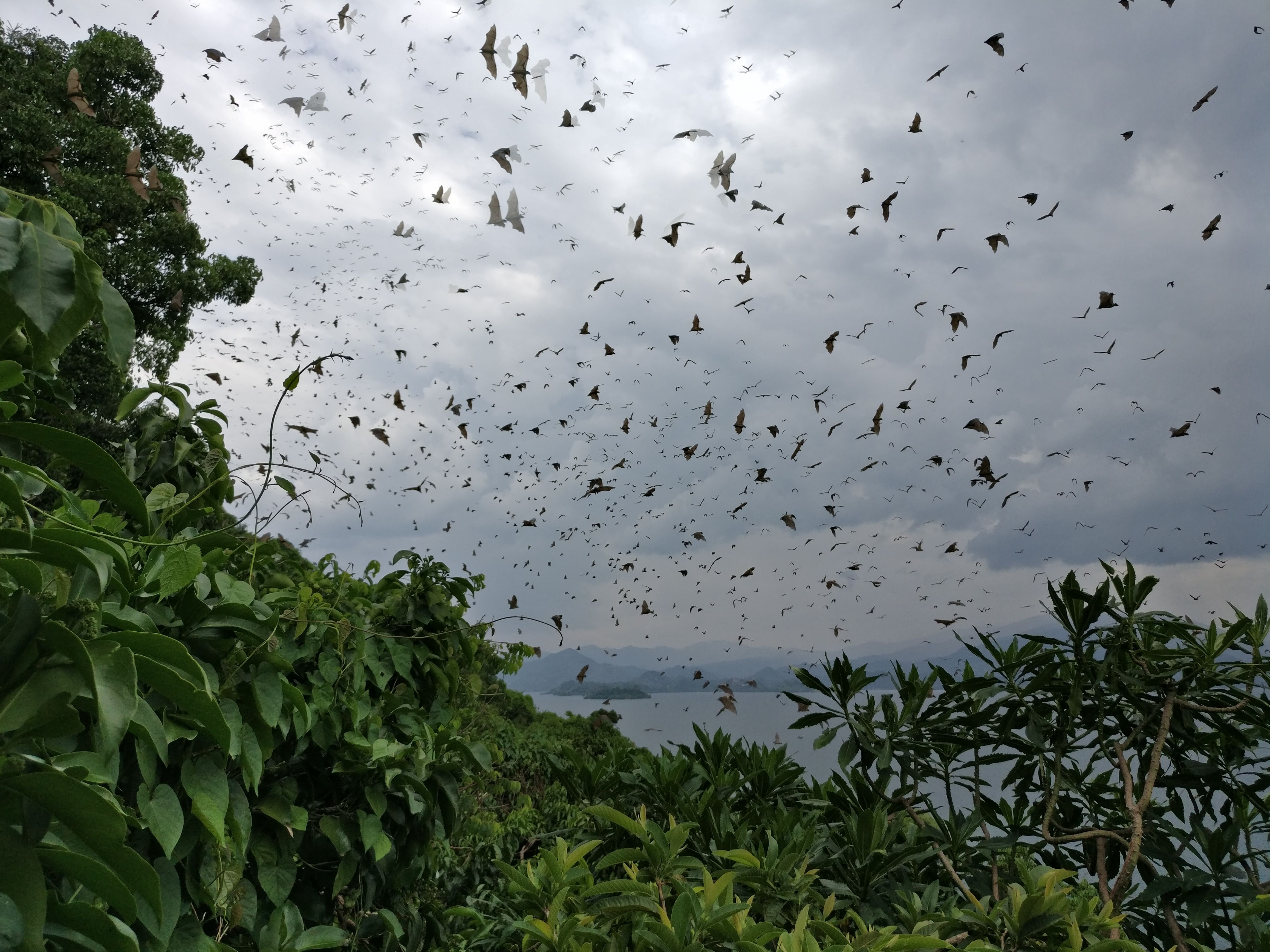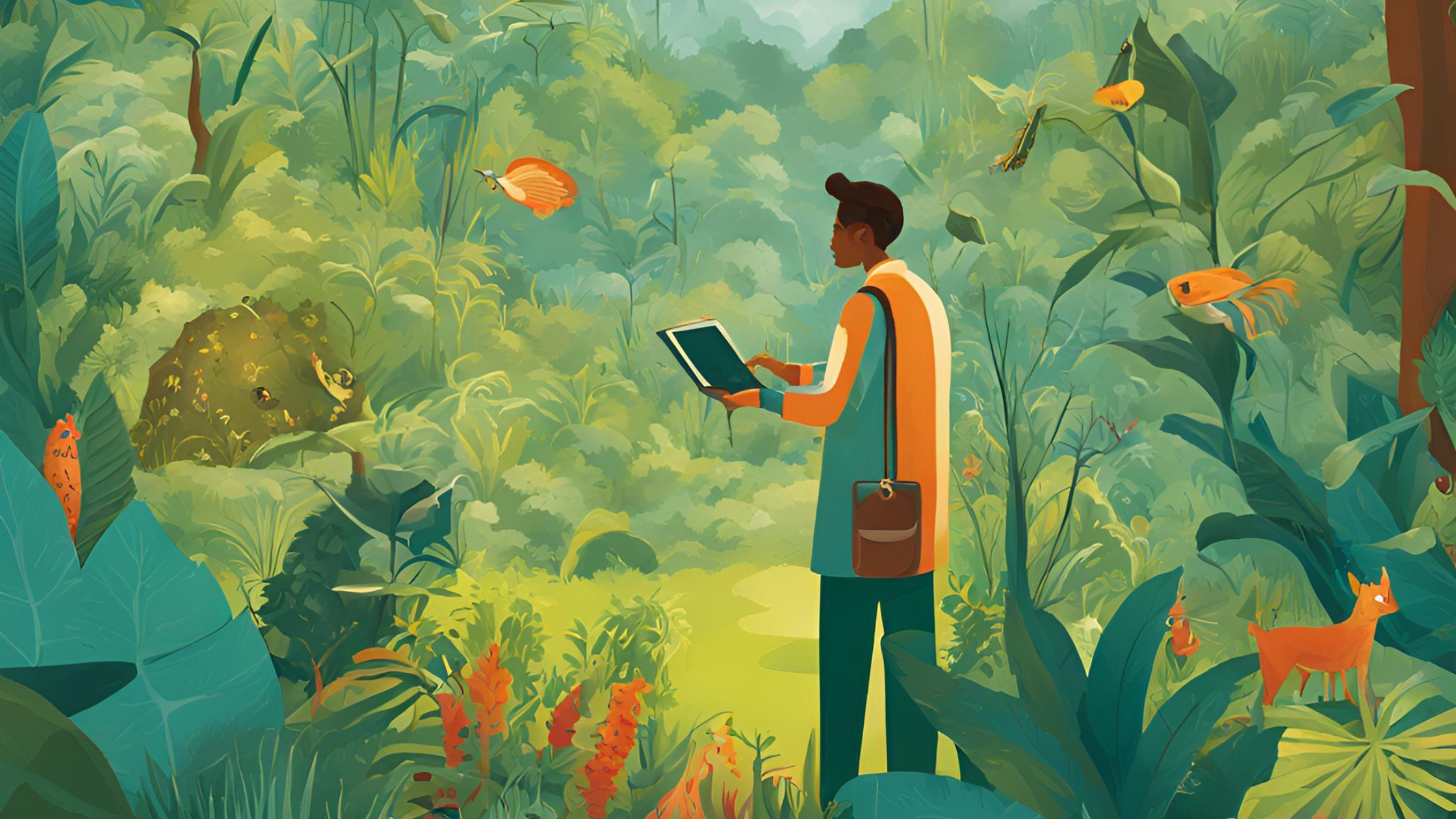BCOMING just started! A Horizon Europe project that protects biodiversity

Biological samples as well as epidemiological, ecological, socio-economic and environmental data will be collected in both terrestrial and aquatic ecosystems across all BCOMING study sites, while standardising and complementing the data collection initiated by the consortium members in their ongoing collaborative projects.
As the project particularly focuses on the transition between pristine and fragmented forests where biodiversity loss is
a major issue and biodiversity conservation an important stake, specific study areas in biodiversity hotspots have been
identified across an anthropization gradient to represent :
- Very low population density in pristine habitats
- Low population density in fragmented habitats with rural agriculture
- High population density and intensive agriculture
- Very high population density in urban environments
Unique standardised datasets (including information on zoonotic pathogens present in animals and humans, biodiversity levels and associated ecosystem services, socio-economic and environmental factors affecting the risk of transmission of infectious diseases) will be built with the data collected from each sampling area, where innovative pathogen detection and analytical methods are going to be used to process them.
With BCOMING, we are looking to understand the mechanisms that favour infectious disease emergence and the links between biodiversity and human health. The aim is to develop biodiversity conservation and disease monitoring strategies that will reduce the risks of emergence.
Julien Cappelle, Health Ecologist at CIRAD, BCOMING coordinator
With the aim of improving detection capacities for emerging infectious diseases in tropical
areas, BCOMING will develop new tools (multiplex serology and rapid CRISPR pathogen detection tools). The project will
develop a community of practice from the field to the wet laboratory, develop standardised pathogen (exposure) detection
and characterisation tools, and provide a much-needed template for organised efforts on this scale.
BCOMING will develop a multi-actor One Health system-based approach which involves adapting an existing natural resource
management focused participatory process (Challenge and Reconstruct Learning - CHaRL) in order to transfer the knowledge
gained and the tools developed to all stakeholders - including local communities living at the human wildlife interface,
national authorities (health, agriculture and environment), NGOs and researchers to guide the design of innovative
solutions in the second part of the project.



